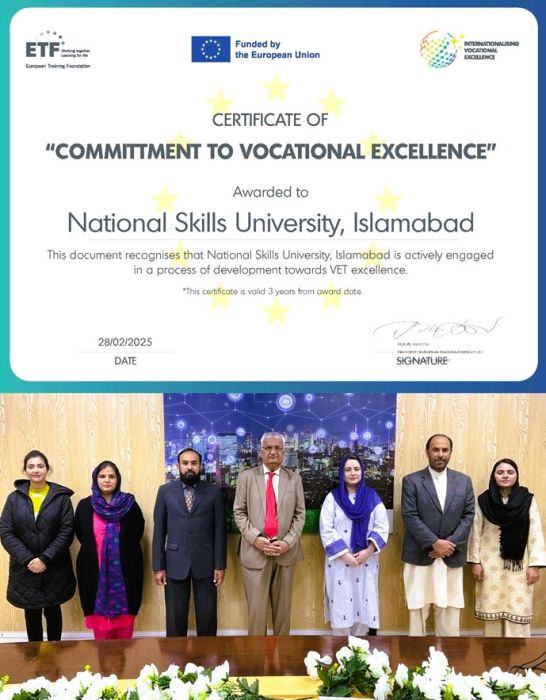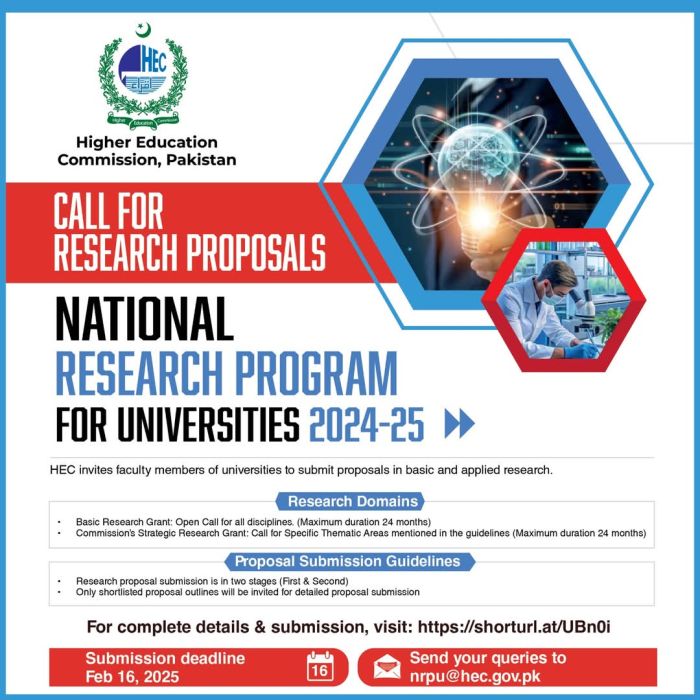UNESCO's Guidance for Generative AI in Education and Research Highlights Challenges for Academic Leaders Worldwide
Posted 1 year ago
UNESCO's publication "Guidance for Generative AI in Education and Research" is a must read for academic leaders worldwide. Although the publication is a year old, it has substantial information regarding generative AI and training our youth. This booklet guides academic leaders in building tomorrow's responsible, human-centered digital classrooms. This guide offers an essential read and a moral imperative for every academic institution, government, and educational leader.
Generative AI has swiftly become an integral part of our daily lives. Tools like ChatGPT have demonstrated AI's vast potential in generating text, art, music, and coding. This situation necessitates fundamentally rethinking our learning, knowledge, and pedagogy approaches. However, as UNESCO cautions, while the opportunities are vast, so are the risks, especially if AI technology can supersede the humanistic values that education is founded upon. The urgency of this integration is pressing, demanding immediate action to protect our educational values.
One of UNESCO's booklet key messages is the critical need for policies that balance innovation with the ethical preservation of human agency. We should be able to engage with Generative AI (GenAI) without surrendering our data and autonomy. Through explicit calls for governments to regulate GenAI use proposing, for instance, age restrictions and privacy mandates—UNESCO recognizes the imperative of safeguarding students and educators in an increasingly digital world. This forward-thinking stance acknowledges that AI must serve people, not the other way around.
The guidance also advocates for educational institutions to evaluate GenAI tools with a lens focused on ethics and pedagogy. This evaluative process will not only protect but empower both teachers and students. While AI can streamline administrative tasks or aid in creating course materials, its use must always align with core educational values such as inclusion, diversity, gender equity, and respect for diverse linguistic and cultural backgrounds. For educators and administrators, this means reassessing curriculum content and teaching methods to preserve the essence of human interaction and creativity in learning.
For academic leaders, the Guidance for Generative AI in Education and Research is a critical reminder that AI's integration in education demands a collaborative international approach. Just as we uphold academic integrity in the classroom, we must advocate for integrity in the digital tools we adopt. As we explore AI's full potential, we must be prepared to answer essential questions: How does AI redefine knowledge, and what role should it play in shaping the minds of future generations? Your contribution to this global dialogue is essential.
UNESCO's publication, therefore, is a call to action. It offers a robust roadmap for crafting AI policies that are rigorous, ethical, and designed to protect our shared values. At its heart, this guidance demands that we, as educators, resist the allure of convenience if it comes at the cost of the human touch at the core of learning. It is a reminder that the human element in education is irreplaceable, and we must strive to preserve it in the face of technological advancements.
As academic leaders, we must ensure that generative AI does not undermine our students' capacity to think, create, and engage independently. The technology we introduce to them must be a tool for learning, not a substitute for it. In embracing UNESCO's guidance, we commit to a vision where AI is an empowering educational companion, not a replacement for the intellect, imagination, and diversity that makes us human.
According to Prof. Dr. Muhammad Mukhtar, Vice Chancellor of the National Skills University Islamabad, it is essential that we academic leaders across the globe seriously evaluate the inventory of ongoing efforts in pedagogical practices related to generative AI and identify a model that benefits youth worldwide. The challenge is tremendous, and time is limited. It is a must-win race; otherwise, losses will be huge, and youth will never forgive us for this neglect.





